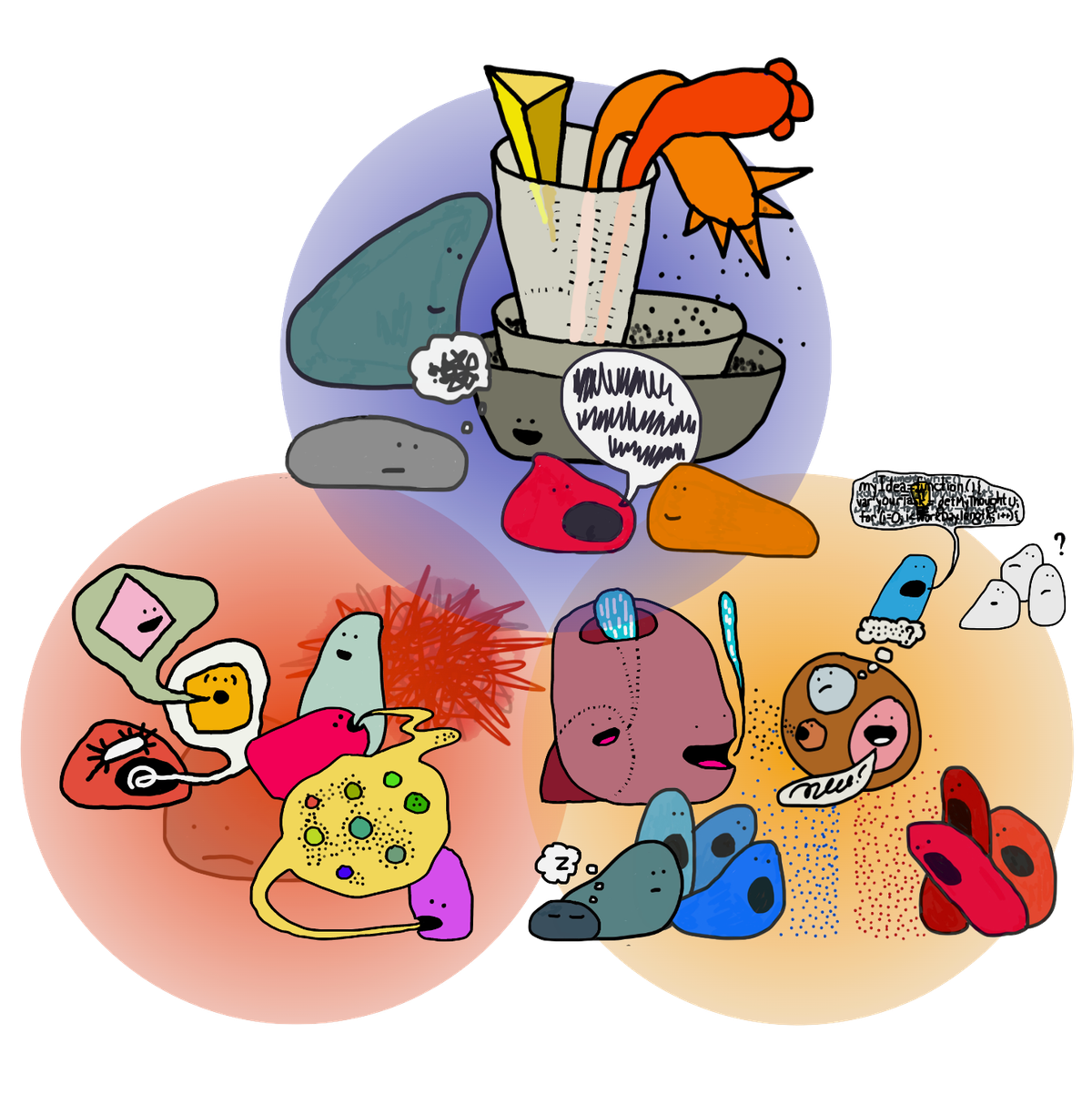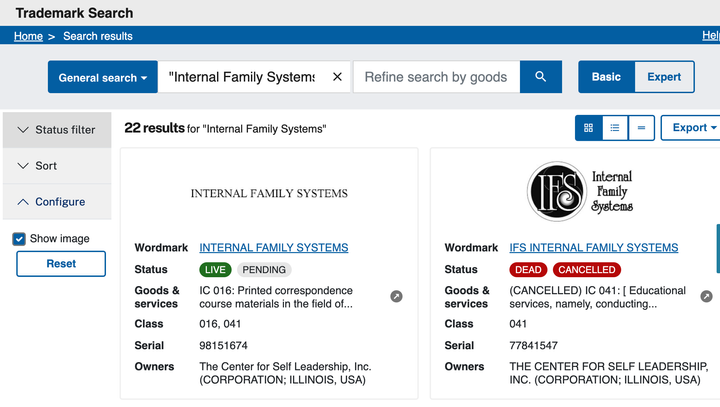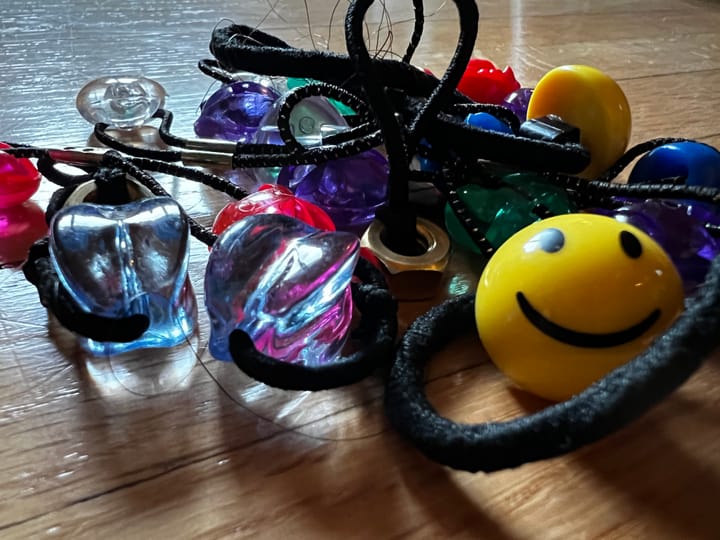Partsworkers of the World, Unite!
This workshop, proposed for the June 1 Parts Work Unconference, is a place to imagine new forms of community among IFS and allied practitioners.

This page accompanies a workshop I am pre-proposing for the Parts Work Unconference on Saturday, June 1, online from 9:00 a.m. to 1:00 p.m. Central. Get your free ticket here.
A workshop to imagine new forms of community among IFS and allied practitioners
Since the IFS Institute abruptly restricted its training courses to licensed mental health providers earlier this year, non-clinical practitioners have been talking a lot among ourselves about where to go from here.
- Some folks have deepened their commitment to the IFS Institute, organizing and advocating for change from within as program assistants, trainers, and members of the IFS community.
- Others of us have begun to explore how we might continue to practice the therapeutic methods we learned from IFS outside its institutional borders.
- Lots of practitioners in both camps are also venturing beyond IFS as individual practitioners, combining IFS with other healing disciplines to form unique practices all of their own.
- And many of us, at varying scales, are creating, imagining, and longing for communities of practice beyond IFS.
This workshop is a place for us to imagine new ways to work together with other practitioners, IFS-trained and otherwise, who share our approach to healing and liberation from the inside out.
I like to call us all “partsworkers,” but I imagine other folks have other words to describe what we have in common.
Questions we might talk over
- Do we have characteristics in common beyond our IFS training? If so, how might we find community around them?
- How have our practices have evolved significantly past “pure IFS,” however we conceive of that? Do these evolutions seem to form any patterns?
- What other communities of practice do we participate in? What can partsworkers learn from them?
- Do we agree on any common principles or ideas? How about any interesting diversities of opinion among us?
- What good might we be able to do outside IFS that we could not do inside it?
Things we might decide to do
- Spin up a way to keep the conversation going, like a Discord server or an email listserv
- Draft a manifesto calling for global solidarity among partsworkers
- Create a directory (formal or informal) so we can find each other and stay in low-key community
- Enjoy our time together for its own sake, without any particular expectation or destination
Some context for this session
Honoring the Institute’s protective system
In January of this year, 2024, the IFS Institute abruptly announced that Internal Family Systems training, which had long been open to everyone, would immediately be restricted to licensed mental-health practitioners. Training courses that used to welcome students from far beyond mental health, including this kooky ex-academic consultant, were suddenly reinterpreted to have been meant for clinicians only all along.
Trained non-clinical IFS practitioners like me were blindsided by the Institute’s sudden reversal, which upended decades of theory and practice. When pressed to explain themselves, IFSI higher-ups have provided no convincing rationale. A petition to protest the change has attracted more than 800 signatures and counting from all over the world, including those of many clinicians who (with exquisite shade) “want to leverage our newfound privilege of status to state why we want to remain a united IFS community of equals.”
I signed and circulated the petition; I hope you will too! But the skills I learned in my Level 1 training — skills I am now allegedly unqualified to practice — make me suspect that the IFS Institute is probably not going to budge. When IFSI now declares that their trainings “have been designed by mental health professionals to enable other mental health professionals to work with their clients,” I hear the plaintive urgency of an extreme protective strategy, animated by a fear for survival.
I don’t know what the Institute’s protective parts are afraid would happen if they didn’t make Dick Schwartz disavow his own long-standing teaching in this way. I don’t have a way to ask them whom, or what, they are protecting. But I do have an IFS practitioner’s hunch that the protective parts of IFSI leadership who seem to be running the show over there are unlikely to unblend any time soon.
Imagining IFS practice beyond IFS™
So, once the initial sting of the decision wore off, I started to wonder:
- As someone far outside the disciplinary gates of mental healthcare, who would I be if the Institute disavowed me? If I weren’t an IFS™ practitioner any more, what kind of practitioner would I be?
- If non-clinicians like me suddenly vanished from the IFS directory (a very thinkable possibility), by what authority could I claim to practice?
- If I weren’t a member of the “IFS community” any longer, what other collectives might I be able to join or convene around the work the Institute trained me to do?
The more I talk over such questions with my dearest colleagues, the more excited we all become about the possibilities they imply.
And that is the institutional context for this proposed Unconference workshop.



